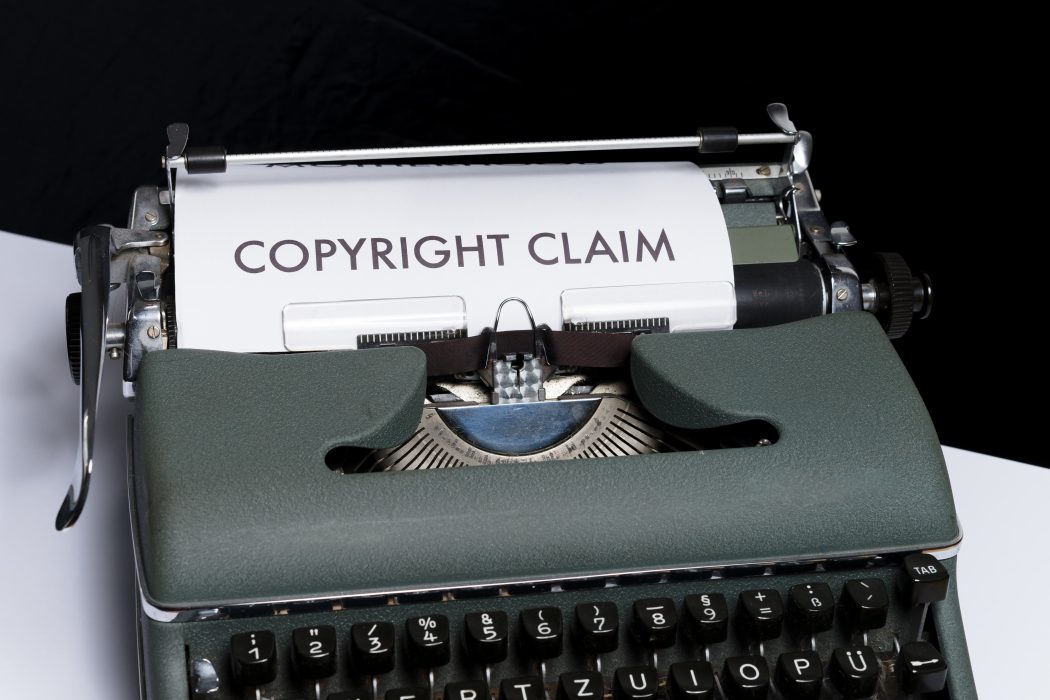Don’t Write Alone Shop Talk
Avoiding Copyright Infringement
Make sure you won’t get in trouble for using others’ work in your writing.
Legally speaking, copyright law is the bane of many creative artists’ lives. It’s the law that says we can’t borrow from others’ work without permission, or often without paying royalties. Even the smallest amount of copying, like a stanza from a poem or a riff from someone else’s song lyrics can be a copyright infringement, unless it falls under a recognized copyright exception. Sometimes, if you’re only copying a very small amount of another’s work the copying might be regarded legally as de minimis (too small to worry about), but other times copying even a stanza of a poem for, say, a book epigraph, will be an infringement, depending on the context.
So what are the best ways to avoid copyright infringement?
There are exceptions and defenses to infringement, like fair use , but they can be difficult to understand, and, under American law, the fair use defense in particular is intended to be applied on a case-by-case basis, making fair use difficult to predict upfront in many situations. You cannot simply assume your use is a fair use just because your intentions were good.
Speaking of good intentions, here’s a factoid many people don’t know: Copyright law is not about intentions or attribution. In other words, you can infringe someone else’s copyright whether or not you meant well, and regardless of whether you credited the author of the original work.
Copyright is simply about copying. In legal terms, it’s called a “strict liability” law, meaning that you are liable for infringement if you commit one of the prohibited acts (such as unauthorized copying or distribution of another’s work). You don’t need to have acted in bad faith to infringe copyright.
How can you avoid a claim for copyright infringement?
The two easiest ways are: (a) take work from the public domain rather than copyrighted work; or, (b) if you must use copyrighted material, get permission first.
The Public Domain
Public domain works are free for everyone to use either because they were never copyrighted or because their copyright term has expired. Works that were never copyrighted include works that predate copyright law (e.g. Shakespeare) and works that are not covered by copyright or other intellectual property laws because they do not fall within the ambit of those laws. For example, ideas for stories cannot be copyrighted, so they are in the public domain. Authors are often accused of stealing other people’s ideas, but that is not copyright infringement. We really don’t have any laws that protect ideas for stories, unless you sign a non-disclosure agreement — which is a matter of contract law, rather than copyright.
The current duration of copyright in the United States is the author’s life plus 70 years, but earlier copyrights lasted for shorter terms. It is often difficult to figure out if any particular copyright has expired, but as a general rule, American works written in 1924 or earlier are now in the public domain.
Permission
If you don’t get permission to use copyright material, chances are your publisher will ask you to do so prior to publication or, in the alternative, to remove the material from your book. While a lot of copying may, in fact, be fair use, publishers tend to prefer you get permission for avoidance of doubt. If you do seek permission from the copyright holder, you may be asked to pay royalties, and/or you may be asked to give attribution to the copyright holder.
So what about attribution?
Giving credit to the original copyright holder is not a magical cure for copyright infringement. If you credit the original author as a condition of getting their permission, you have not infringed their copyright. However, that is because they gave you permission. The attribution is a contractual condition of that permission, not a general defense to copyright infringement.
If you don’t ask for permission, it doesn’t matter if you give credit, because copyright is a strict liability law. It’s safest to go by the rule that attribution is irrelevant to copyright infringement. (Failure to give credit may be plagiarism , but it’s not a copyright infringement.)
What about a disclaimer: “No Infringement Intended”?
A disclaimer doesn’t help much, either. Again, because copyright is a matter of strict liability, your intentions do not matter. Even if you intended your use of someone else’s work to be an homage, and noted that you didn’t intend any infringement, that would not excuse you. The original copyright holder may be flattered, but they (or their publisher) may still want royalties or damages — or worse, an injunction: An order that you stop using the work without permission, which may include removing your work from sale.
Speaking of damages…
A real risk with copyright law is that a court can order damages for breach of copyright that far exceed the value of the royalties you would have paid the copyright holder if you had asked permission in the first place. This is actually the main place where intentions can be relevant: Courts often award much lower damages against “innocent” infringers (people who copy without bad intentions) than against people who intended to make unauthorized profit from someone else’s work.
What’s the bottom line?
Copyright law can be a bit of a minefield and no one copying situation is exactly like another. Fair use may apply in some cases and not others. Some copyright holders will be happy to give you permission without charging royalties, while others won’t. It’s difficult to predict in any given case how difficult the copyright problems might be. Hopefully this column gives you some basic understanding of where problems might arise.
And of course, my usual disclaimer applies: Nothing written here is intended as formal legal advice. If you are facing a copyright problem, you should seek the advice of an attorney or other expert.
